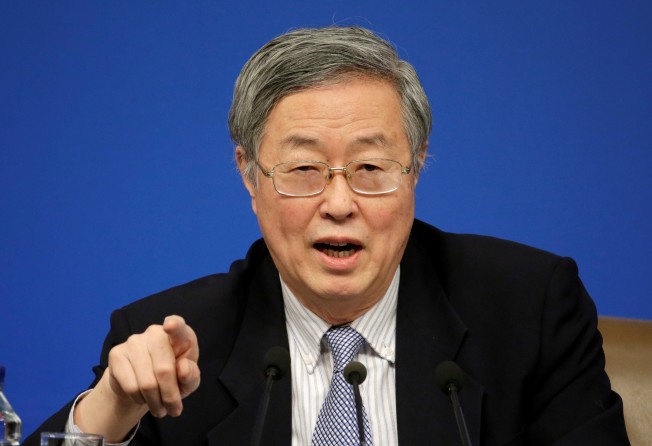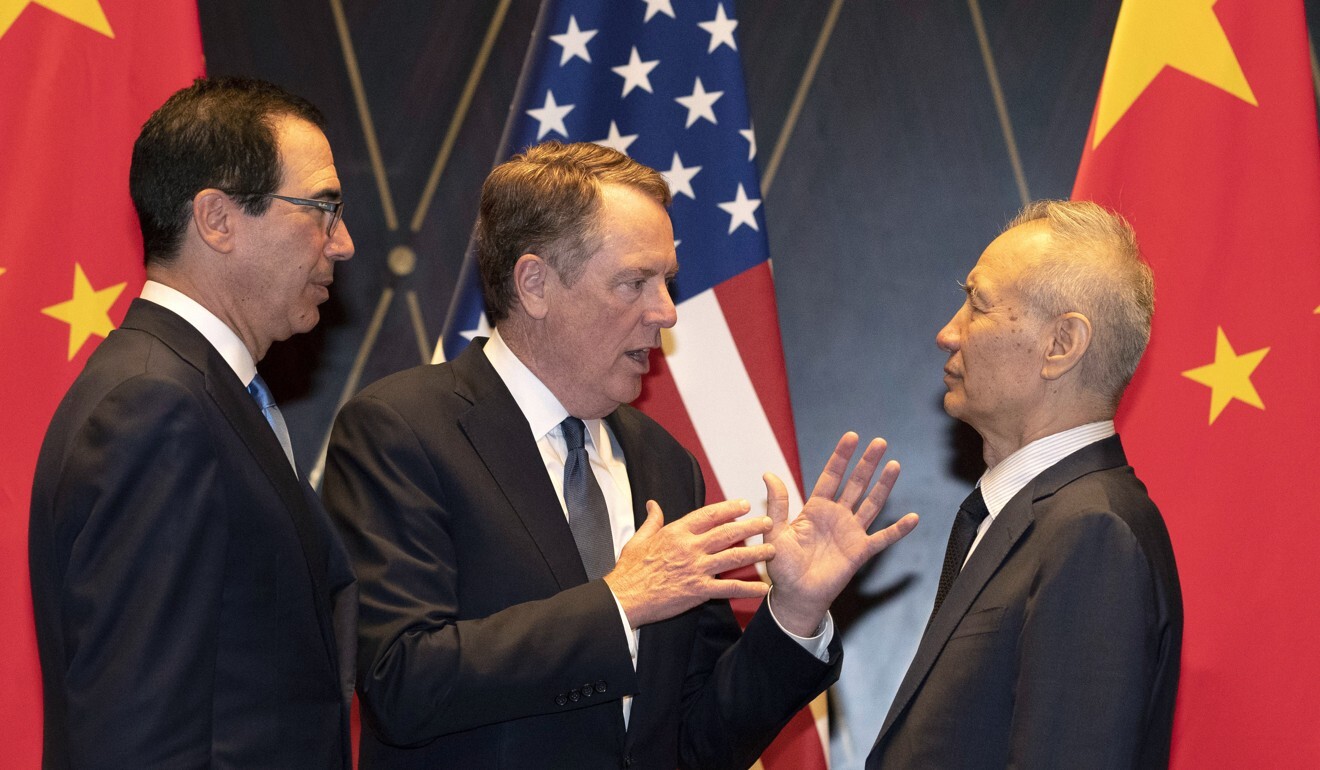Coronavirus: nations must work together to support global economy, ex-PBOC chief says
- International community must be vigilant to ‘risks of inward looking, unstable global supply chains and escalating trade frictions’, Zhou Xiaochuan says
- In difficult times, ‘mutual understanding and help between countries … are imperative to bring together wisdom and find solutions’, he says

The former head of China’s central bank has appealed for global cooperation to counter the economic impact of the coronavirus pandemic, amid growing calls for the United States to refrain from engaging in unilateralist and protectionist actions.
“The international community should be vigilant to the risks of inward looking in some countries, unstable global supply chains and escalating trade frictions,” Zhou Xiaochuan told an online symposium organised by the Boao Forum for Asia on Friday.
While Zhou, who stepped down as governor of the People’s Bank of China in 2018, did not identify any countries by name, his comments came amid growing criticism of China’s handling of the Covid-19 pandemic by the US.
Chinese Vice-Premier Liu He held a telephone conversation on Friday with US Treasury Secretary Steven Mnuchin and US Trade Representative Robert Lighthizer in a bid to ease tensions and prevent the collapse of the phase one deal the two sides agreed in January after 18 months of trade war.
“The destinies of all countries are bound together,” Zhou said. “During the hard times, mutual understanding and help from each other, between countries and across regions are imperative to bring together wisdom and find solutions.”
The former central banker currently serves as deputy chairman of the Chinese equivalent to the Davos Forum. Friday’s online symposium was attended mostly by former Asian leaders, as well as the European Union’s ambassador to China Nicolas Chapuis.
Last month, the International Monetary Fund said the global economy was facing its biggest challenge since the Great Depression, and forecast it to shrink by 3 per cent this year as result of the health crisis.
China, meanwhile, would see just a 1.2 per cent rise in its gross domestic product in 2020, while the US economy was set to fall by 5.9 per cent, the IMF said.
Zhou said that during the current lockdowns, the top priorities were maintaining basic social security and mitigating the debt burden. Once the health crisis had been overcome, economic activity could begin again, just like pressing the start button on a music player.
China’s economy contracted by 6.8 per cent in the first quarter of the year, but since emerging from widespread lockdowns its industrial sector has been racing to get back up to full production, while Beijing has been doing all it can to stimulate consumption and boost employment.
The country’s biggest concern now is dwindling exports, which have been hit by the disruption in Western markets caused by the coronavirus, and face the long-term impact of a possible trade disengagement with the US.

A report published by the Boao Forum on Friday identified the health crisis and US trade protectionism as the primary short-term headwinds for Asian economies, which as a wholeare expected to see zero growth this year.
“The whole world should join hands to control the pandemic … and in the meantime reduce tariffs, trade barriers and stabilise global supply chains to help the economy recover and avoid recession,” it said.
Despite calls for China to become more self-reliant amid an increasingly hostile international environment, Zhou cited a recent State Council report as evidence of Beijing’s intent to continue its policy of opening up.
“This is an important sign of China’s determination to stick to market-oriented reforms and a greater level of market opening,” he said.
“It is significant in helping to mitigate the pandemic shocks, and promote the recovery of the regional and global economy.”